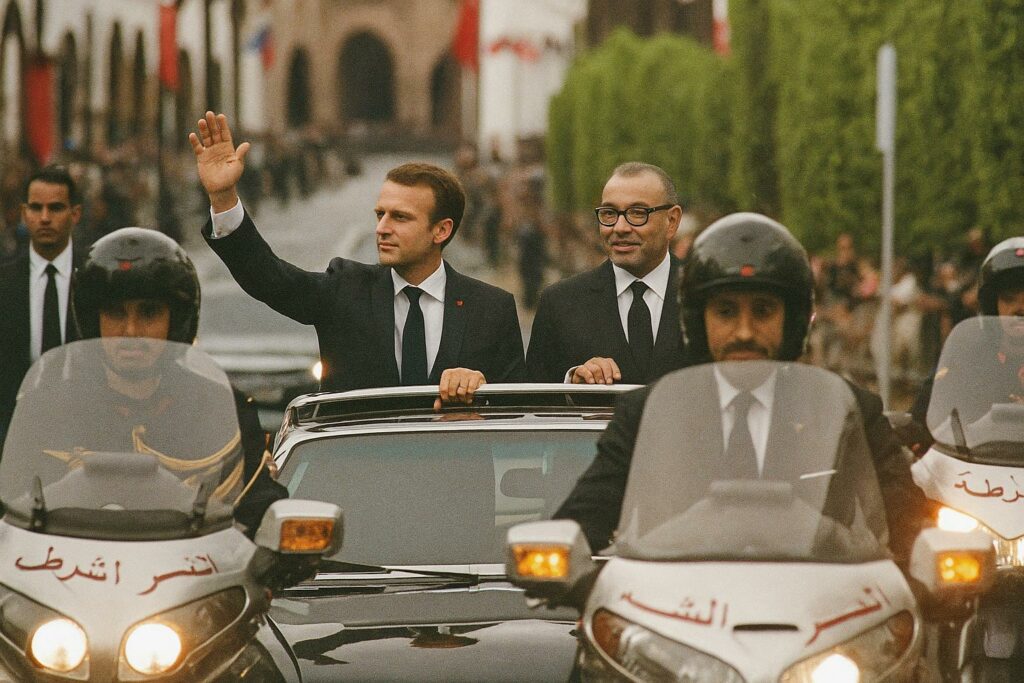From Estrangement to Engagement
Historically, France and Morocco have shared a close and strategic relationship characterized by robust economic ties and strong people-to-people connections. Nonetheless, in recent years, this friendship faced significant strains due primarily to the contentious issue of Western Sahara and France’s visa policies. The Moroccan government viewed France’s cautious stance on the Western Sahara matter as a lack of support for Rabat’s sovereignty claims, leading to mounting tensions.
Diplomatic Deep Freeze
The dispute over Western Sahara emerged as the main bone of contention. Morocco regards this region as integral to its national unity, while France had opted for diplomatic prudence, refraining from explicit endorsements. This ambiguity was met with frustration in Rabat. Further exacerbating tensions was France’s unilateral move in 2021 to significantly reduce visa issuances to Moroccan citizens, citing insufficient cooperation on deportations of irregular migrants—interpreted in Morocco as unilateral and punitive.
Summer 2024: A Diplomatic U-turn
The turning point arrived in the summer of 2024. During the Throne Day celebrations on July 30, French President Emmanuel Macron addressed a formal letter to King Mohammed VI, expressing definitive support for Morocco’s autonomy plan for the Sahara. This statement was hailed as historic by the Moroccan authorities, who saw it as long-awaited validation of their stance. The diplomatic breakthrough underscored France’s attempt to recalibrate its geopolitical position in light of shifting dynamics in the Maghreb and Sahel regions.
A Renewed Strategic Partnership
Following this pivotal gesture, signs of a thaw have been evident. A state visit by King Mohammed VI to France is speculated for late 2025 or early 2026, underscoring the reestablishment of a strategic and reinvigorated partnership. This period has also witnessed resurging engagement between French and Moroccan officials, marked by the revival of the joint migration committee and forthcoming bilateral meetings, symbolizing a concerted effort to bolster cooperative frameworks.
Symbolic Gestures and Cultural Bridges
In parallel to political overtures, significant symbolic acts have contributed to the thaw. The invitation extended to Brigitte Macron to join the board of the Royal Theater Foundation in Rabat exemplifies a commitment to intertwining cultural ties with the diplomatic rapprochement process. Additionally, the joint appearance of Princess Lalla Hasnaa and President Macron at an ocean summit exemplified renewed high-level dialogue. Certainly, the announcement of a new French consulate in Laâyoune in Western Sahara represents a potent symbol of France’s implicit recognition of Moroccan sovereignty, aligning with Rabat’s expectations.

